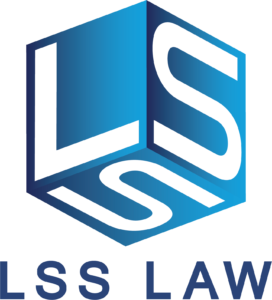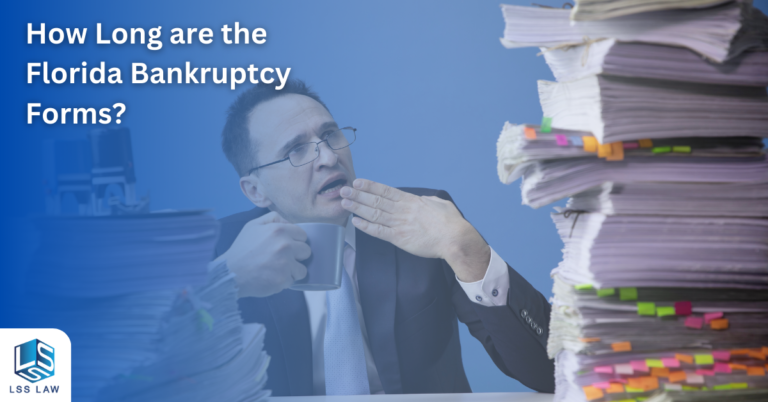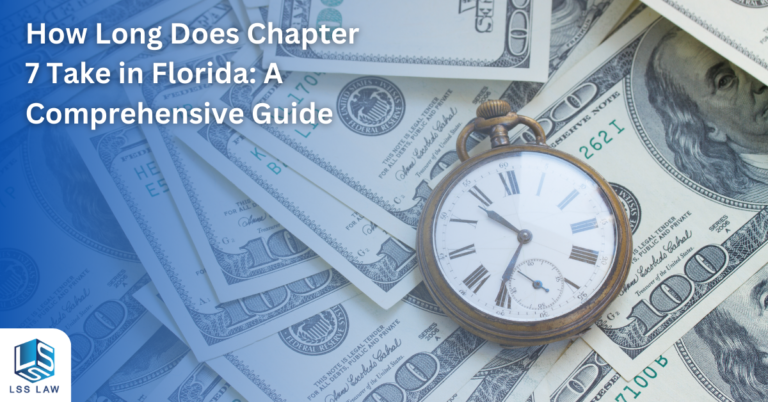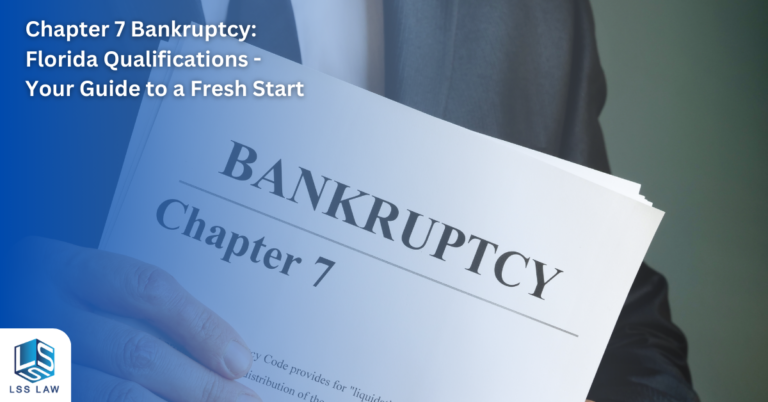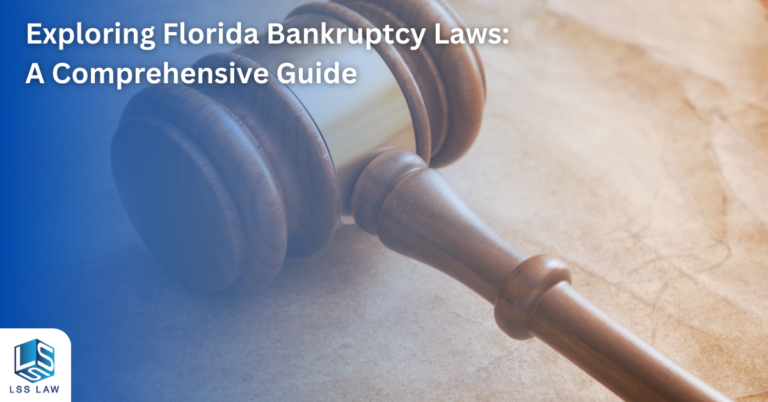If you are planning to file an individual bankruptcy, be prepared to discuss your finances openly and in-depth with us. One of the important discussions we must have is how much your income is and where it comes from. For the purposes of filing a bankruptcy case, your household income can include much more than just your salary. Examples of sources of income for bankruptcy purposes include:
- Gross wages. If you are employed, you must include everything you earn. This includes your salary, tips, overtime, bonuses, and commissions. It is important to discuss the timing of receiving large bonuses or commissions because it may impact your eligibility to file a Chapter 7 case.
- Business income. If you own a business, the profit or loss you receive from it must be considered.
- Rental income. If you own an investment property, the profit or loss you receive from it must be considered.
- Pension and retirement income. Any income you are getting from payouts from your retirement account or pension must be included.
- Domestic support payments. If you receive child support or alimony, it must be included.
- Unemployment compensation. Unemployment benefits received must be disclosed.
The above list is not all-inclusive, and there may be other sources of income to consider. Once we have determined the amount of your household income, we can determine which type of bankruptcy you can file.
Please keep in mind that every case is different. If you have questions about filing personal bankruptcy or how to calculate your household income, and you would like to schedule a no-cost consultation, please contact our office by completing the form on this website or calling us at 954-466-0541.
